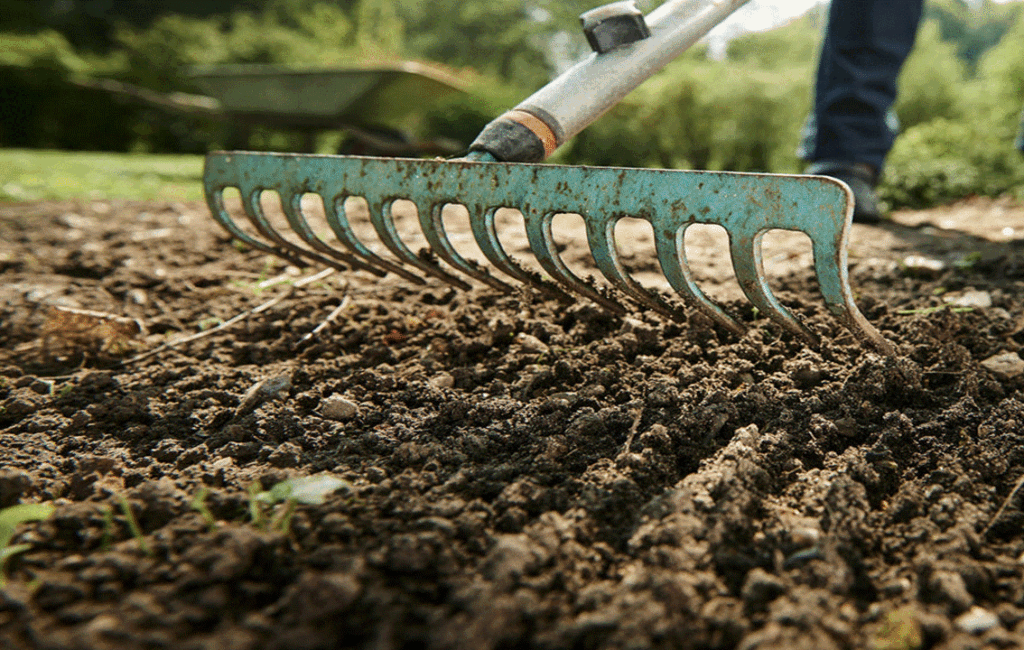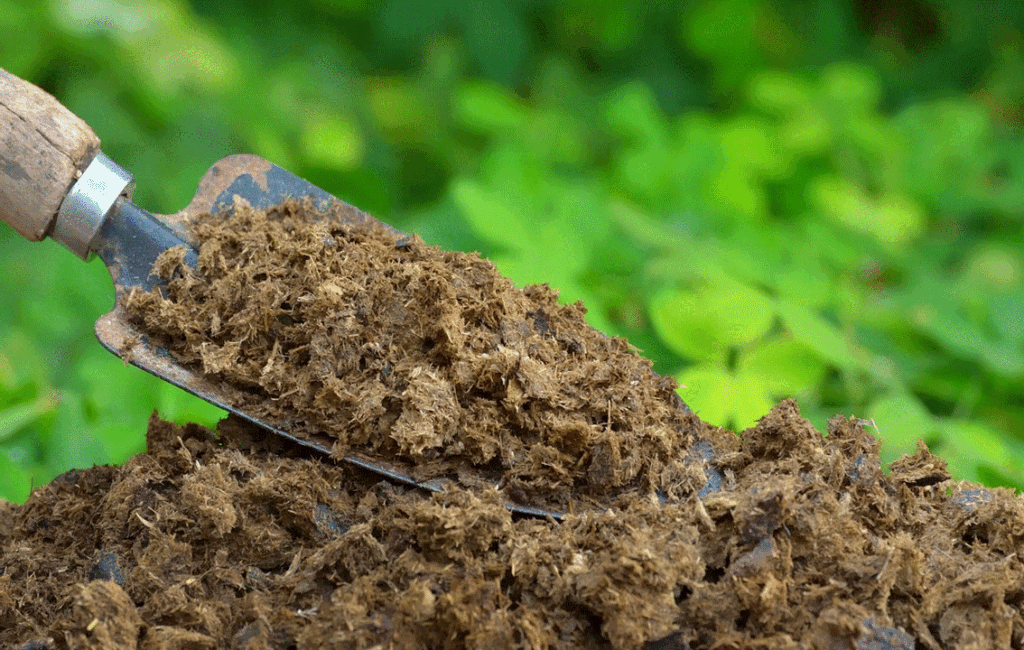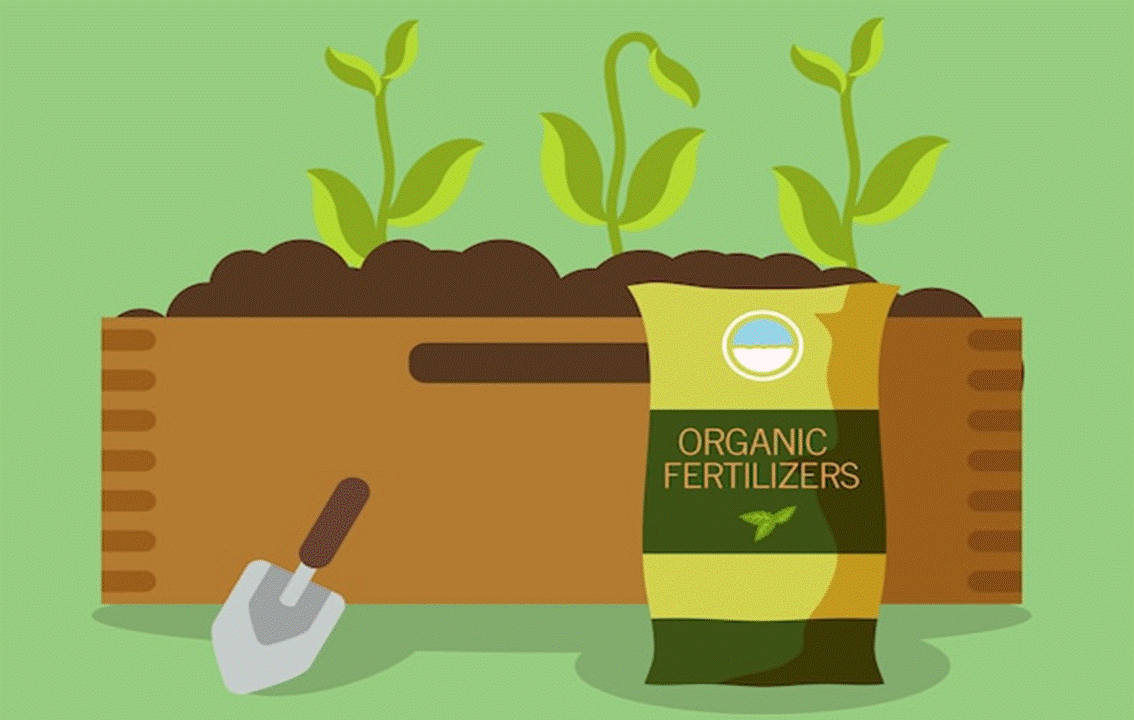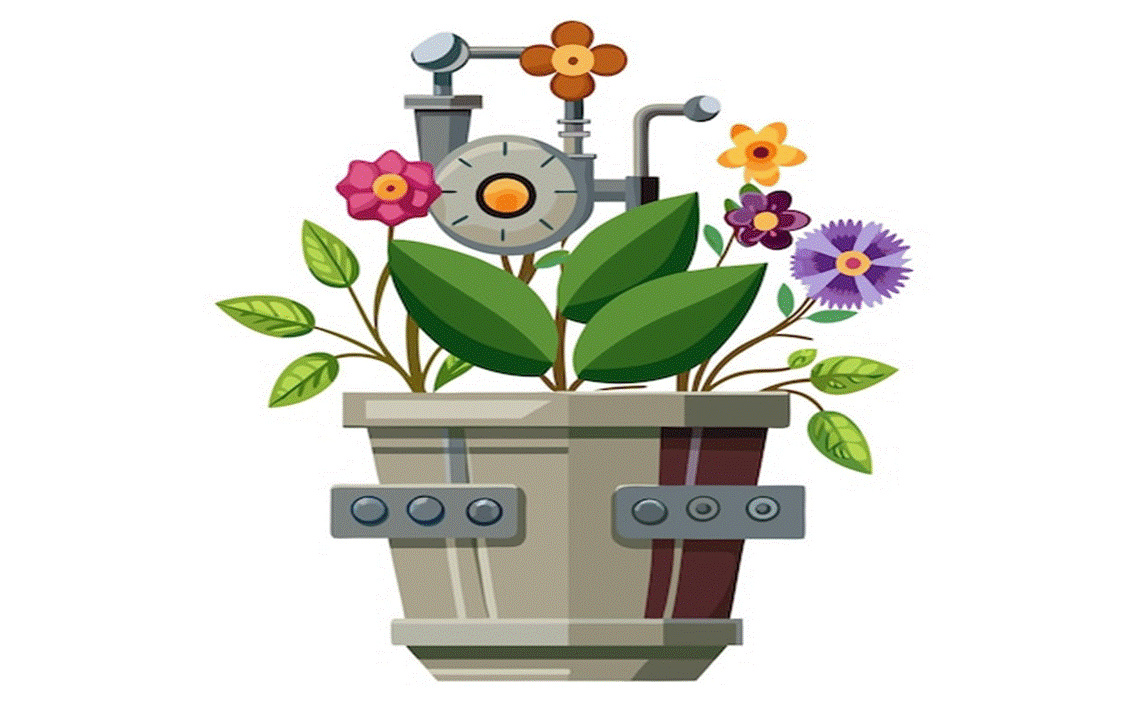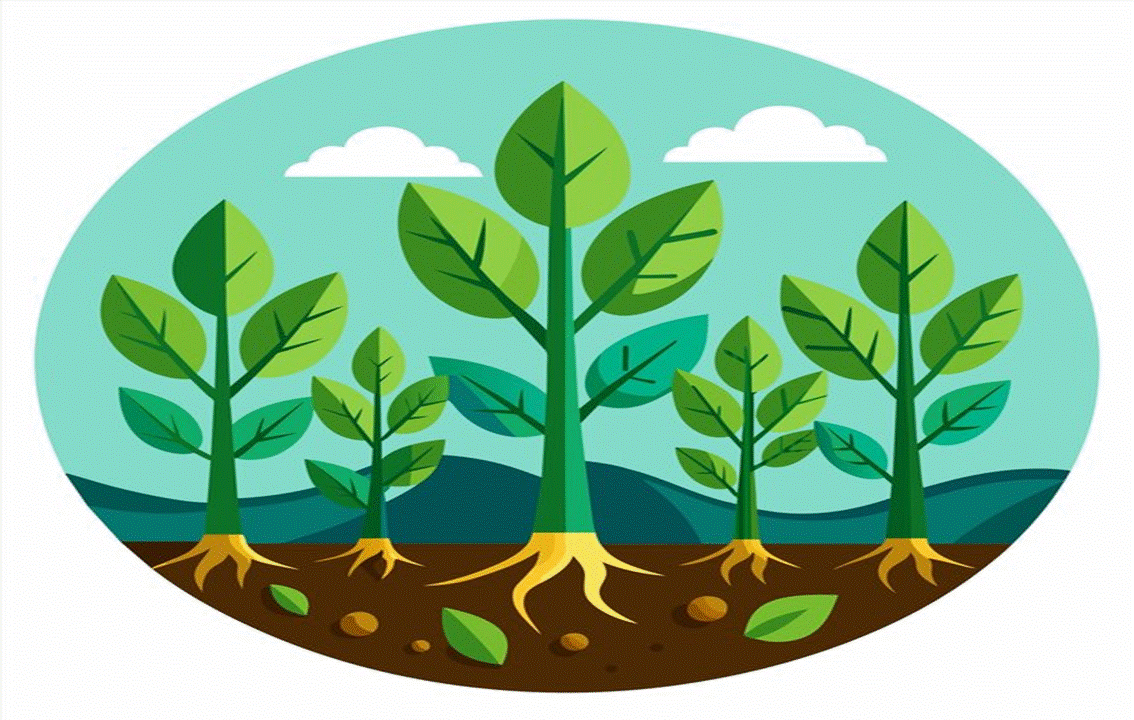WHAT DOES A FERTILISER DO?
One of the main purposes of fertiliser is to provide nutrients to the soil to improve fertility that will increase yield. A natural fertiliser is produced from organic materials and there are many different types of natural fertilisers available. Some are created using animal manure, whilst others use crop waste, compost, and wood ash. There are several things to consider when choosing what natural fertiliser to use and the correct choice of fertiliser is usually dependent on the plant and type of soil. Sometimes a combination of fertilisers is required snf consideration should also be given to the amount of fertiliser to use. Excess fertiliser will alter the salt concentration of soil, which may lead to sudden plant growth that will create an insufficient root system that will not receive an adequate supply of water and nutrients.
There are two very important factors to consider before devising a fertilising strategy.
Factor One: Soil types
Soils need to contain the correct amount of organic matter to activate the soil and feed plants. Most wholesome earthy soils, mixed with good compost, need a minimum amount of fast-releasing fertiliser, such as animal manure or decomposed plant matter. Sandy soils, on the other hand, need a good amount of slow-releasing fertilisers such as eggshells, coffee grounds or pomace.
Factor Two: Speed of release
The fertiliser’s fundamental task is to restore fertility to the soil and the amount of fertiliser to use is directly linked to the soil’s cultivation history. It is good practice to keep an up-to-date record of this and it is a very important factor when crop rotation is not possible. Pumpkin, zucchini, peppers and tomatoes are very demanding crops that all need a good amount of rich, fast-releasing fertilisers, as well as good compost. Onions, garlic and chickpeas on the other hand, do not need a great deal of fertiliser and it may not be necessary to intervene if the soil is already too rich.
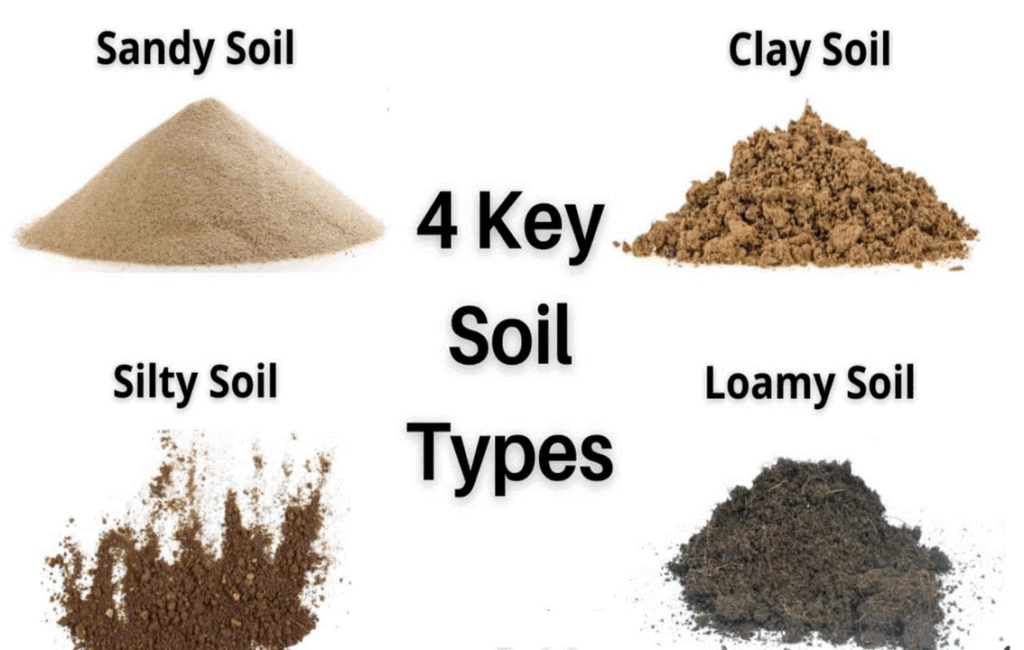
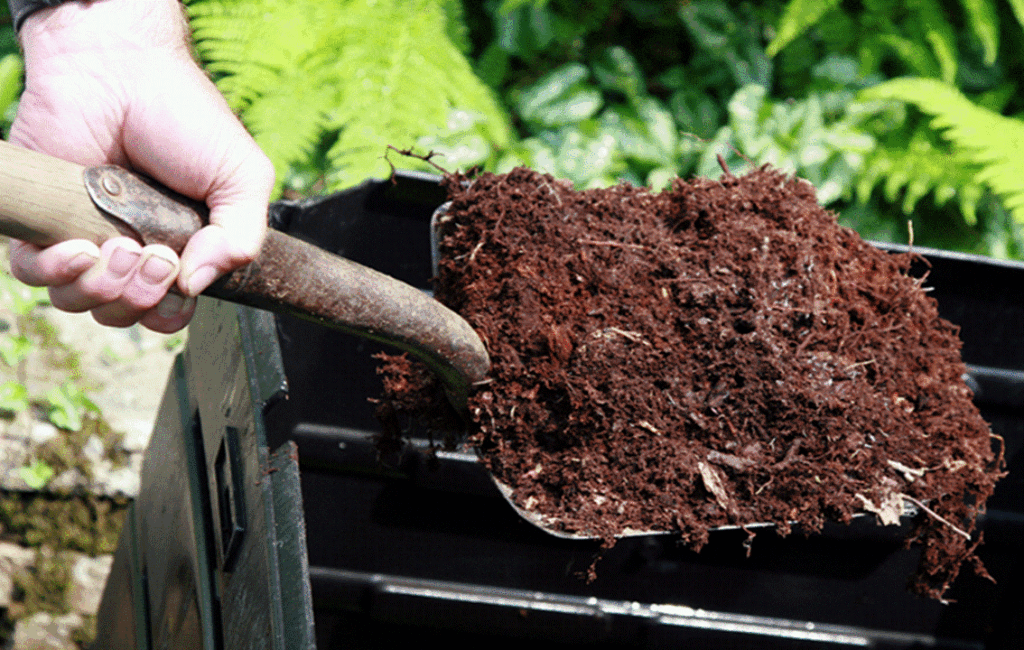
TYPES OF NATURAL ORGANIC FERTILISERS
Fast Releasing Fertilisers
- Animal manure
- De-composed plant matter
- Seaweed
- Compost
- Black tea
- Epsom Salt
- Sweet corn
- Blood meal
- Pomace
Slow Releasing Fertilisers
- Eggshells
- Banana peel
- Coffee grounds
- Fish remains
- Worm castings
- Wood Ash
- Bat Guano
